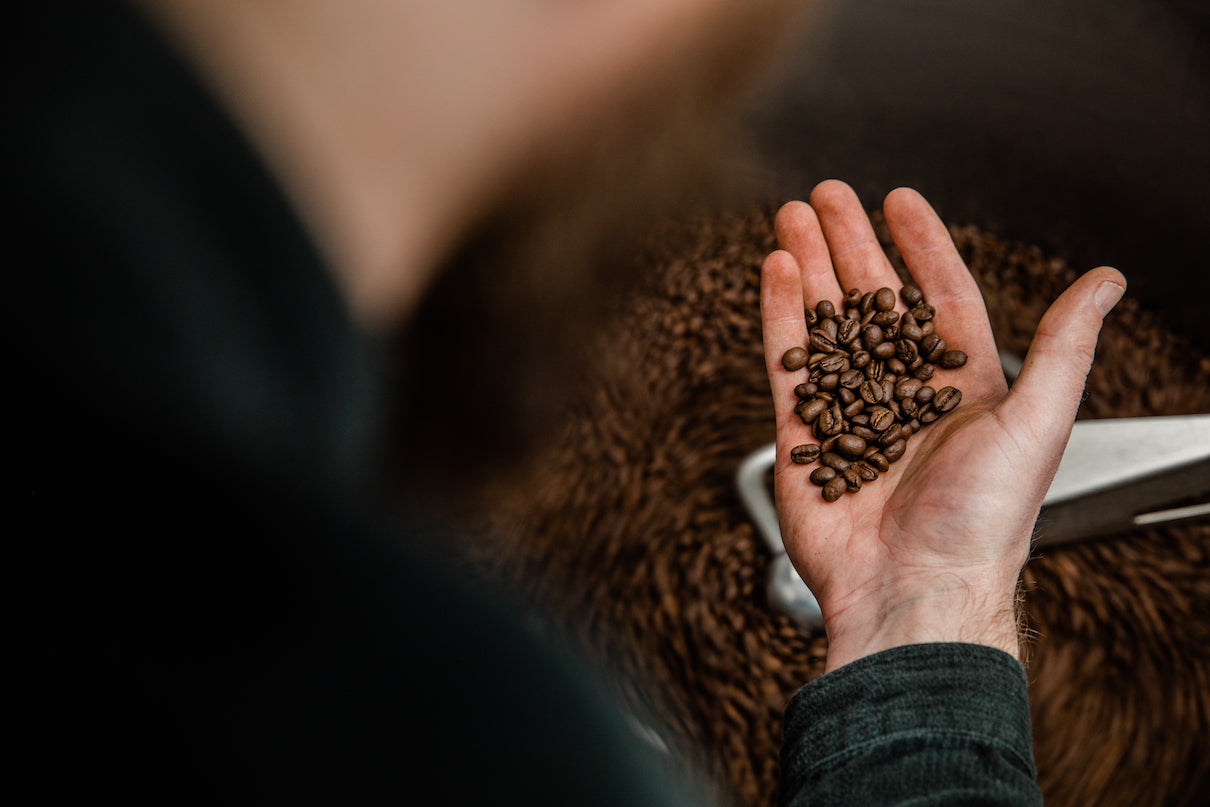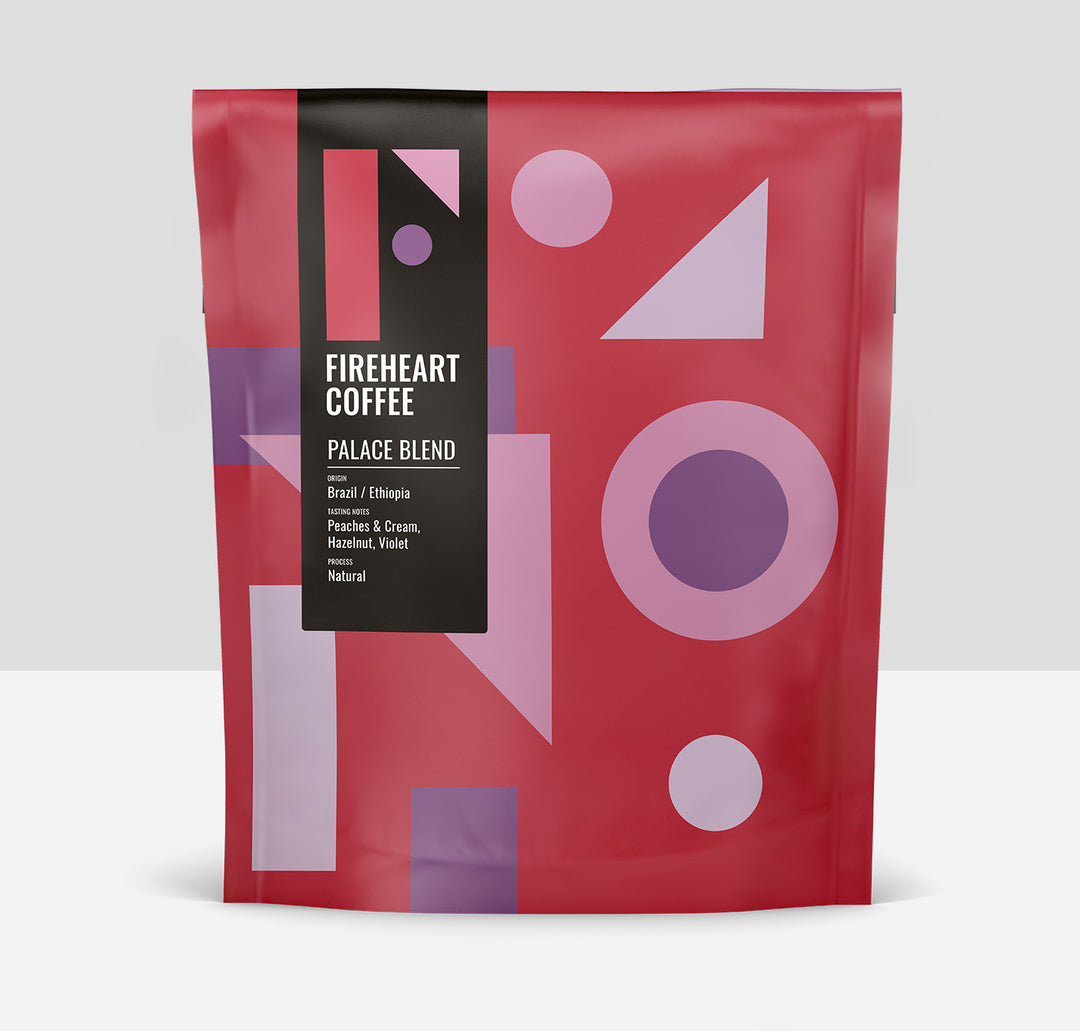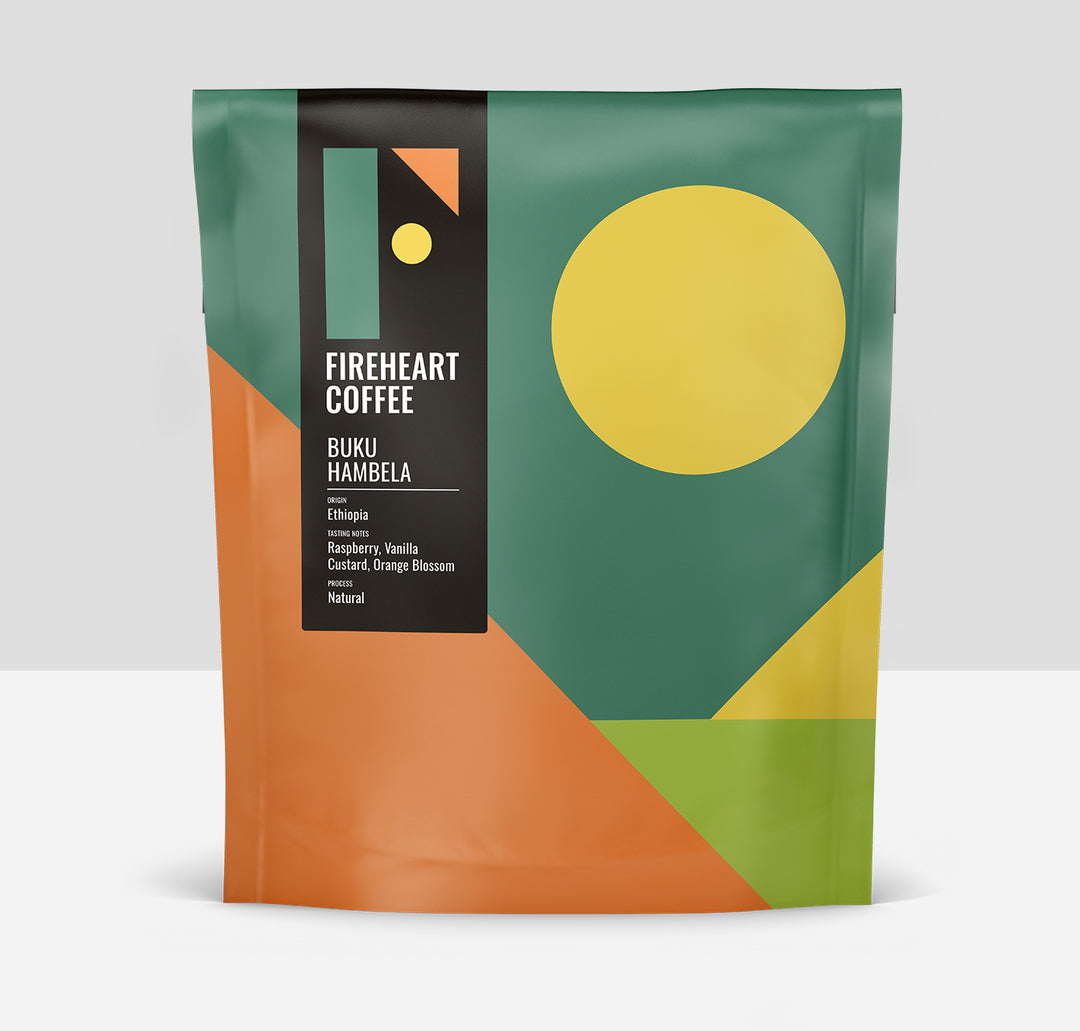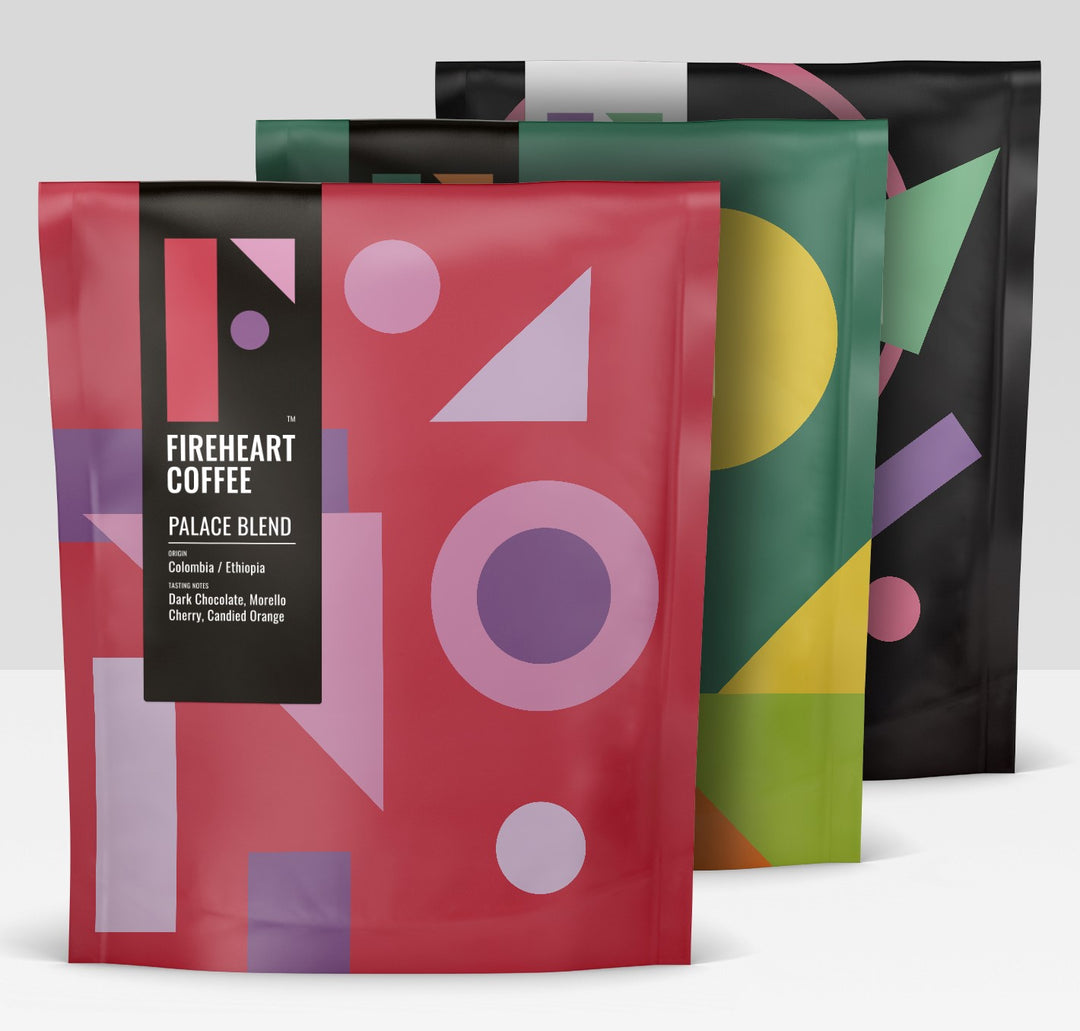Ethiopian Coffee
WHY WE LOVE ETHIOPIAN COFFEE…
Coffee Nespresso Compatible Pods Staples Specials Showstoppers Decaf Subscribe Colombian Coffee Guatemala Coffee
If you’re looking to buy Ethiopian Coffee from our fresh, seasonal ranges at Fireheart then we’ve got two corkers for you. First up in our Specials is Adola – with notes of blueberry, honeycomb and vanilla this is light, bright and perky. And because we love Adola so much, you’ll find this Ethiopian coffee also makes a star appearance in our Staples Palace Blend too – so you can choose to either enjoy it in a blend or solo.
A little bit of Ethiopian coffee history for you: unlike many of the world’s coffee producing nations, Ethiopian coffee cultivation is not a legacy of colonization - the coffee plant grew wild or semi wild thanks to its natural topography where much of the land lies at an altitude of over 1,500 metres. This altitude leads to a greater depth of flavour, which is always a winner at Fireheart!
There are few large-scale farms but it’s mainly collectives that grow coffee in gardens, semi forests and forests without the use of chemicals. And as a result, 90% of all the coffee produced can be regarded as organic, although not certified as such. Productivity is not high and traceability generally stops at the washing stations where the harvests are pooled from around 700,000 small-scale producers.
Traditional coffee preparation involves roasting the green beans in a pan, then grinding in a pestle and mortar before brewing in a Jebena (an earthenware coffeepot). The coffee is then poured into small handleless cups and often eaten with popcorn – something we’ve been known to do on occasion too!
Harvested: November through to February
Tasting notes: floral, fruity, citric acidity and light body

Transparent C





